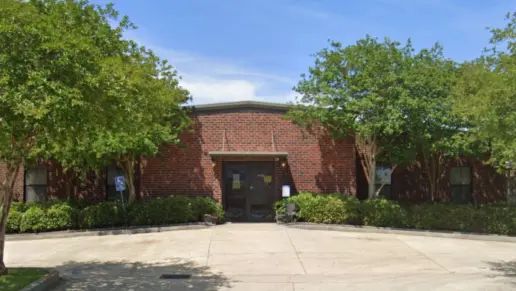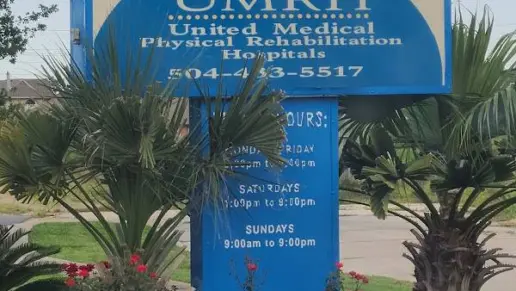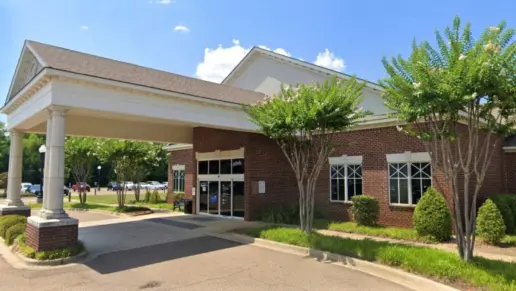About AppleGate Recovery Monroe
AppleGate Recovery offers medication assisted treatment for men and women with opiate addiction. AppleGate Recovery is located in Monroe, Louisiana.
AppleGate Recovery is dedicated to provide individualized treatment for their patients in order to support them during recovery process. They offer a non-judging and compassionate environment where clients are supervised by a qualified and experienced staff
AppleGate Recovery has an initial $290 intake fee. AppleGate Recovery qualified staff are experienced in addiction medicine, and will help with each patient to create a personalized treatment plan. The program also offers support services to address every aspect of the recovery.
Latest Reviews
Rehab Score
Gallery
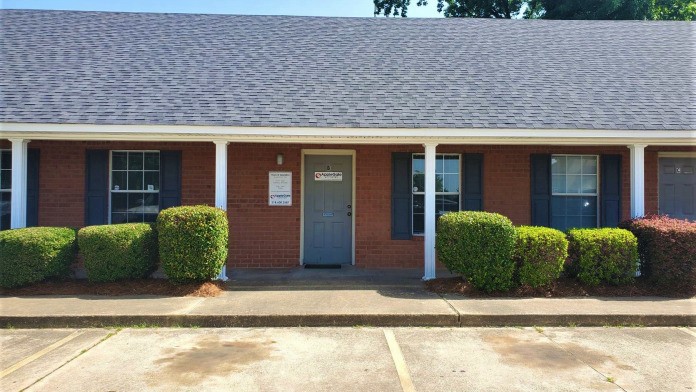
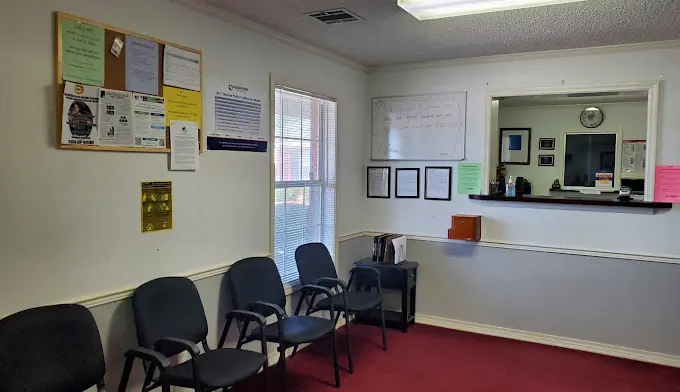
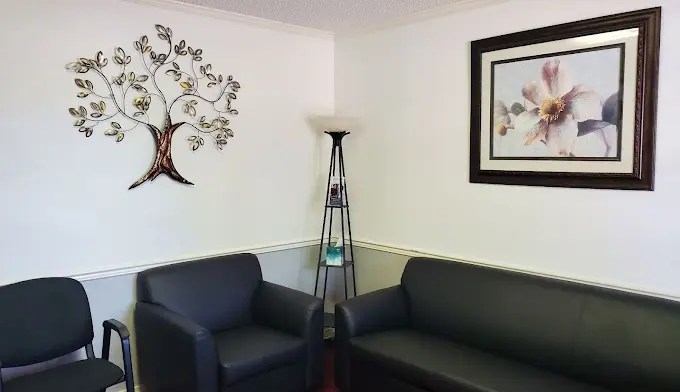
Location
Other Forms of Payment
Self-pay involves paying for treatment out of your own pocket. You can use savings or credit, get a personal loan, or receive help from family and friends to fund your treatment. If you don't have insurance or your insurance plan doesn't cover a specific program, self-pay can help ensure you still get the care you need.
Addiction Treatments
Levels of Care
Treatments
Opiate Addiction Treatment Centers specialize in supporting those recovering from opioid addiction. They treat those suffering from addiction to illegal opioids like heroin, as well as prescription drugs like oxycodone. These centers typically combine both physical as well as mental and emotional support to help stop addiction.
Substance rehabs focus on helping individuals recover from substance abuse, including alcohol and drug addiction (both illegal and prescription drugs). They often include the opportunity to engage in both individual as well as group therapy.
Programs


Clinical Services
Group therapy is any therapeutic work that happens in a group (not one-on-one). There are a number of different group therapy modalities, including support groups, experiential therapy, psycho-education, and more. Group therapy involves treatment as well as processing interaction between group members.
In individual therapy, a patient meets one-on-one with a trained psychologist or counselor. Therapy is a pivotal part of effective substance abuse treatment, as it often covers root causes of addiction, including challenges faced by the patient in their social, family, and work/school life.
Amenities
-
Private Setting
Contact Information
3001 Armand Street
Suite A
Monroe, LA 71201
